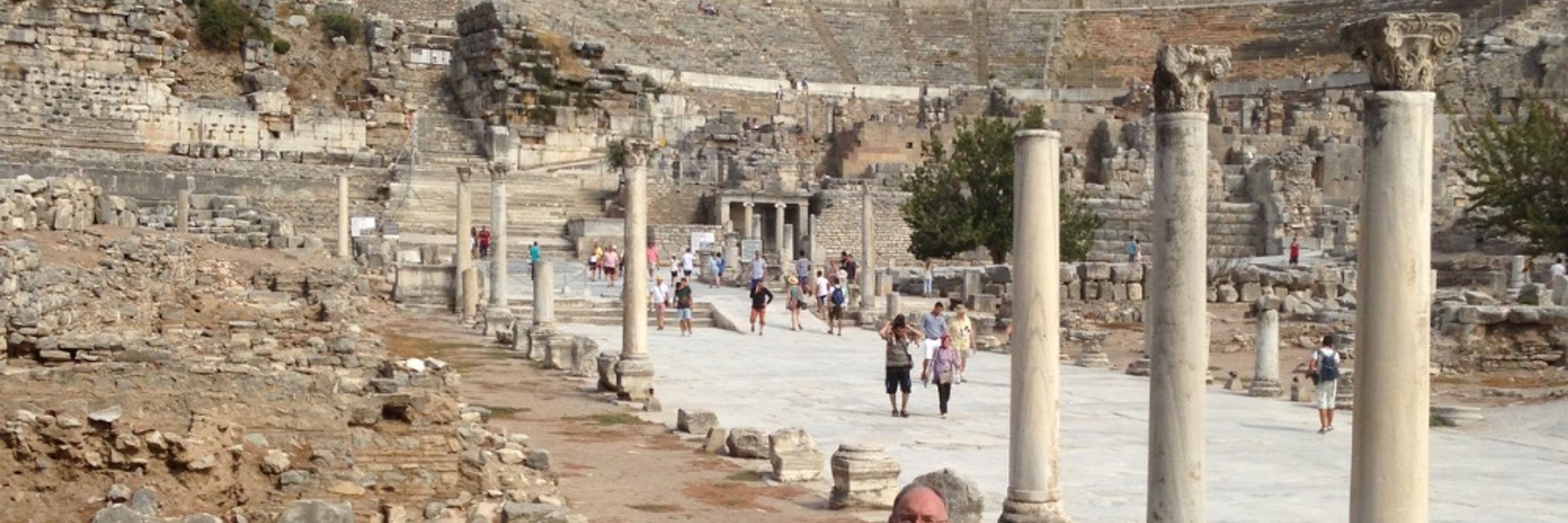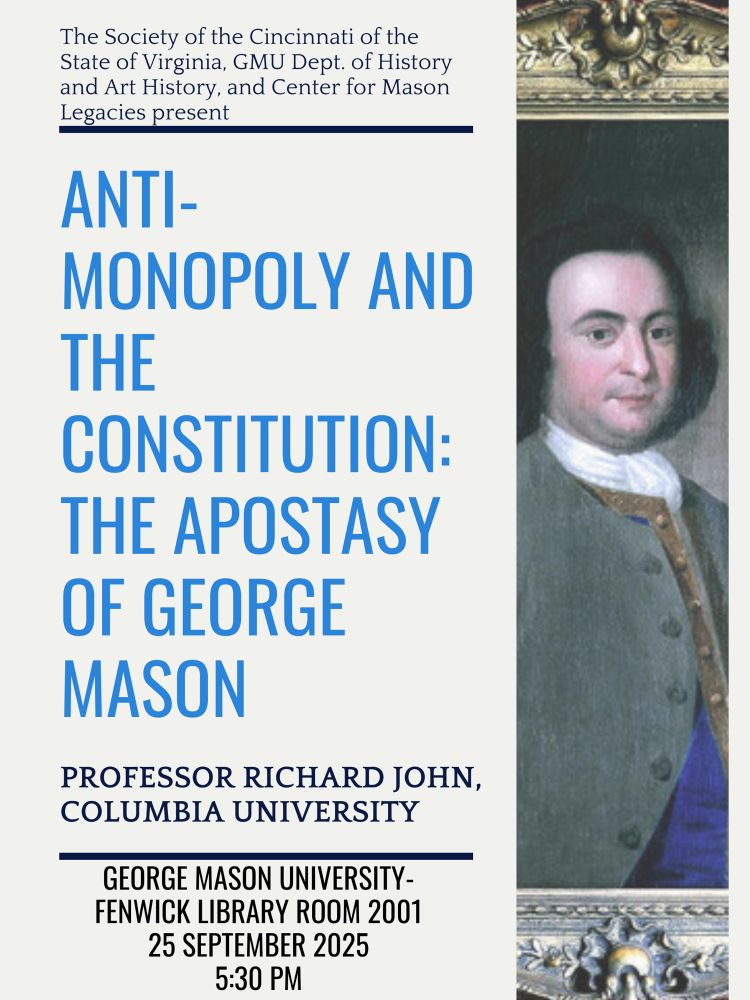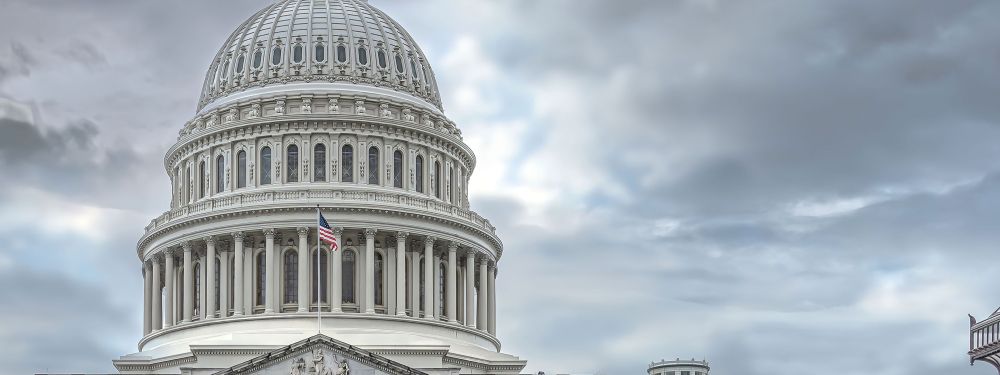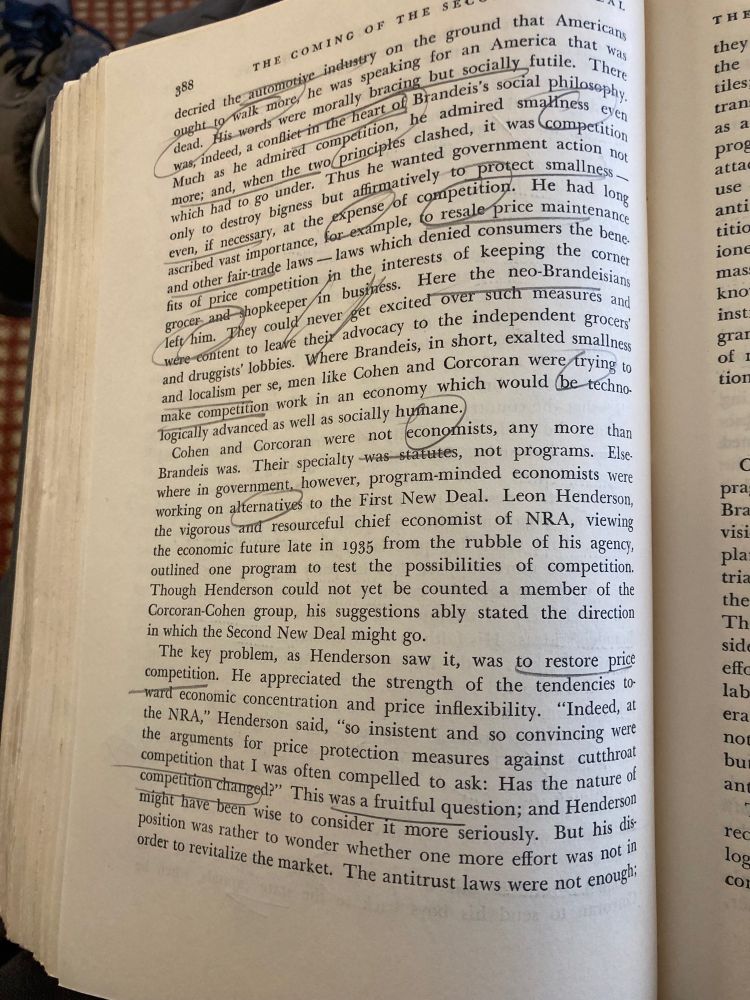Richard R. John
@rrjohnr.bsky.social
820 followers
84 following
45 posts
I teach history and communications at Columbia University. I am working on American anti-monopoly thought and practice, 1760-present. For more details, click on my website. https://journalism.columbia.edu/faculty/richard-r-john
Posts
Media
Videos
Starter Packs
Richard R. John
@rrjohnr.bsky.social
· Jun 17

How Media Concentration in the Age of Radio Prefigured Today’s Big Tech Debate - ProMarket
In the 1930s, staffers at the newly established Federal Communications Commission devised a novel rationale for limiting network power in radio, telephony, and the press. While much has changed since ...
www.promarket.org
Richard R. John
@rrjohnr.bsky.social
· May 25
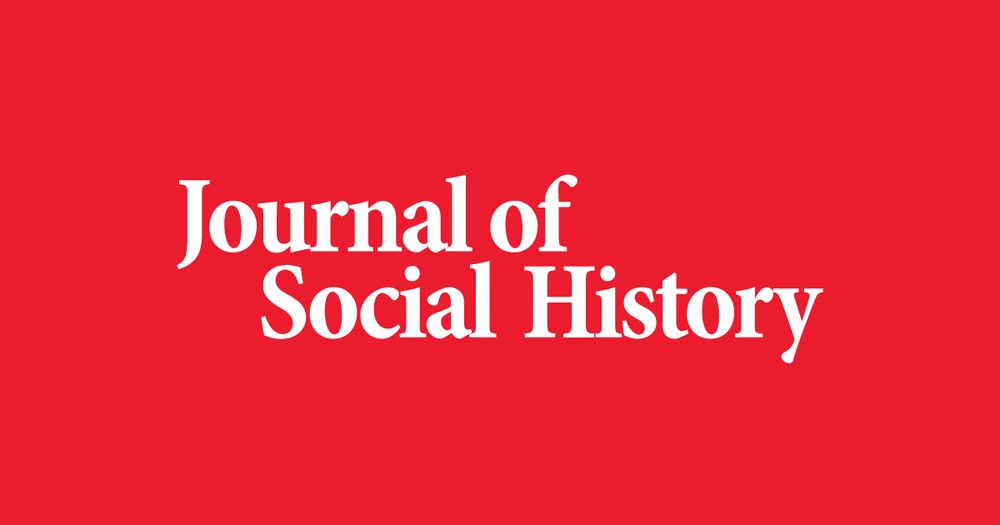
Crossed Wires: The Conflicted History of U.S. Telecommunications, from the Post Office to the Internet. By Dan Schiller
How should we write the history of communications? In Crossed Wires, Dan Schiller provides us with one answer to this question. In a sprawling, often perce
academic.oup.com
Richard R. John
@rrjohnr.bsky.social
· Jan 2
Richard R. John
@rrjohnr.bsky.social
· Dec 19
Richard R. John
@rrjohnr.bsky.social
· Dec 18
Richard R. John
@rrjohnr.bsky.social
· Dec 18
Richard R. John
@rrjohnr.bsky.social
· Dec 18
Richard R. John
@rrjohnr.bsky.social
· Dec 18
Richard R. John
@rrjohnr.bsky.social
· Sep 14

How Tech Giants Make History - ProMarket
Richard R. John recounts how in the twentieth century the once-mighty Bell System, whose descendants include today’s Verizon and AT&T, waged a powerful decades-long public relations campaign, includin...
www.promarket.org
Richard R. John
@rrjohnr.bsky.social
· Sep 14
Richard R. John
@rrjohnr.bsky.social
· Apr 22
Richard R. John
@rrjohnr.bsky.social
· Feb 9
Richard R. John
@rrjohnr.bsky.social
· Jan 7
Richard R. John
@rrjohnr.bsky.social
· Jan 7
Richard R. John
@rrjohnr.bsky.social
· Dec 30
Richard R. John
@rrjohnr.bsky.social
· Nov 27
